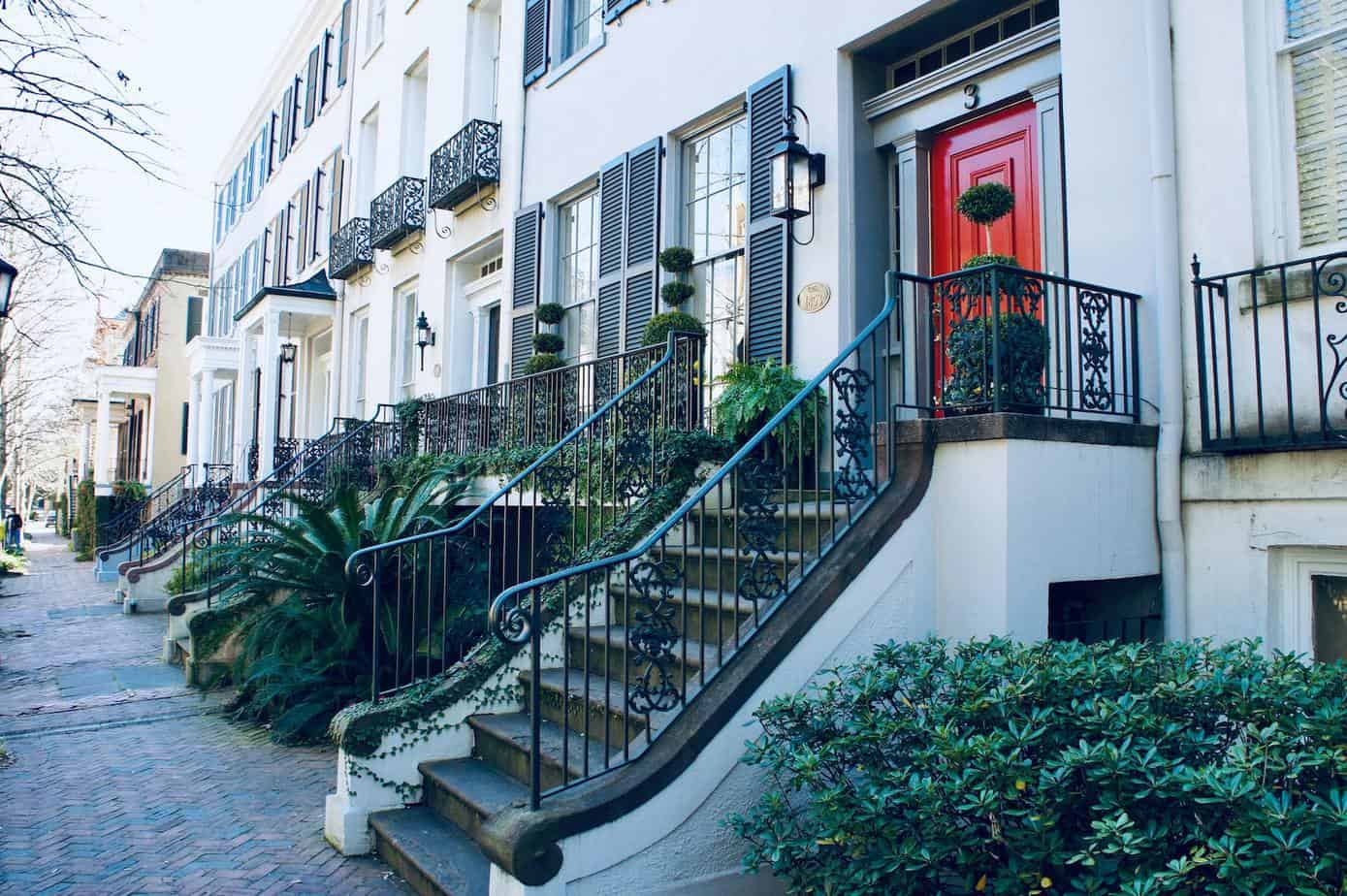Landlord-Tenant Law in Georgia: Everything You Need to Know as a Renter
Georgia is the 8th most populous state in the country, with over 10 million residents. And, among all inhabitants of Georgia, there is a large amount of those who choose to rent — more than 36% of housing units in the state are occupied by tenants. These numbers show that plenty of people might find themselves in need of learning about the landlord-tenant laws in Georgia.
As you probably know, renters should be acquainted not only with the federal landlord-tenant laws, which are quite general but with the state laws as well. While this might not eliminate all hairy situations and misunderstandings with your landlord, knowing your rights and responsibilities will help you feel more confident and navigate your relationship more effectively.
Contents
Rental Application
Application fee: not indicated
Application fee refund: non-refundable
Rental agreement required: oral or written
Just like in many other states in the country, landlords in Georgia may ask for a fee when you apply for the apartment. Generally, it is used to process your application and cover the cost of the tenant screening, which usually involves credit and background checks. Keep in mind that even if the landlord or property manager denies your application, the fee is usually non-refundable. When it comes to the amount of the fee, there are no specific regulations, but generally, you might expect to pay up to $50.
While both oral and written rental agreements are considered valid, make sure to receive a signed contract from your landlord. It will help you to eliminate any misunderstandings and provide common ground in case of any disputes.
Security Deposit
Pet deposit maximum: not indicated
Security deposit maximum: not indicated
Security deposit interest: no
Return deposit deadline: one month
List of charges with the basis for the claim: required
Legal reasons to keep security deposit: to cover unpaid rent, property damage, or cleaning costs
Georgia is one of the states where there is no limit on the security deposit that the landlord can ask for. This means the deposit amount is mainly shaped by the rental market and usually equals one month’s rent. But, you might also encounter rentals that would require two months rent security deposit or less than a month — all could depend on your landlord and the overall situation in the neighborhood. Similarly, the law does not specify any maximum when it comes to the pet deposit or pet rent.
Remember, it is always possible to try and negotiate with the property manager if you set your mind on a specific place but believe that the deposit is too high. You can offer to pay it in two installments or, maybe, ask if it’s possible to lower a security deposit if you provide some outstanding references from your former landlords.
While in many places across the US, tenants can receive interest on their deposit, the state of Georgia does not have such laws. The property manager can store it in an escrow account or post a surety bond — however, it does not apply to landlords that own less than ten rentals and manage them without a property manager.

After you move out of your rental, you can expect to receive a deposit back within a month after your lease ends, or you vacate the apartment — whichever comes last. And, if the property manager decides to keep the deposit or some part of it, they should provide you with the itemized list of charges (it can never be kept to cover standard wear and tear).
Security and Comfort
Smoke alarms: required
Carbon monoxide detectors: required if there is a CO source in the house
Rekey requirements: not indicated
Like in other states across the country, Georgia landlord-tenant law requires installing smoke alarms inside each bedroom and/or outside any sleeping area.
While there are no specific laws regarding changing locks in between tenants, most landlords choose to install new locks. You can also do it yourself if it’s specified in your lease agreement or you agree on that with the property manager.
Rental Payments
Maximum rent: not indicated
Rent increase: not indicated
Right to withhold rent for failure to provide essential services (such as water, heat, etc.): not indicated
Late payment limit: no grace period laws
Tenant laws in Georgia are considered landlord-friendly, and one of the reasons is that there are no rent control laws in place. The landlord can charge any amount they would find appropriate, and, like with the deposit, it is formed by the rental market. Similarly, there are no rules about the rent increase, either those covering the amount and the frequency of the increases. Obviously, your property manager cannot increase the amount of monthly rental payments during the course of your current lease (unless it states so in the contract).
It is interesting to note that no laws in Georgia specify the tenant’s right to withhold rent. Basically, this means you cannot keep any part of the rent to yourself if the landlord fails to provide essential services or your rental is in uninhabitable living condition. Instead, you should take the issue to court. However, tenants do have the right to repair and deduct – if your landlord does not address your request to fix certain issues, you can pay for the maintenance yourself and deduct its cost from the next month’s payment. Of course, there are certain rules you must follow — first, send a writing request to the landlord, and keep all the receipts after the work is done.
Lease Terminations
Notice to terminate lease: 30 days for a month-to-month tenancy
Eviction notice for not paying rent: 7 days
Eviction notice for lease violation: from 24 hours depending on the violation type
If your original lease comes to an end and neither you nor your landlord initiate signing a new lease agreement, it is automatically converted to a so-called tenancy-at-will with no specified termination date. If you decide to terminate tenancy-at-will or a month-to-month tenancy, you should inform the property manager 30 days in advance. However, in the landlord’s case, the notice should be given 60 days before the end of the tenancy.
If the tenant cannot pay rent, there is no grace period, and the property manager can start an eviction process right away. If that happens, the tenant has seven days to settle the owed amount. Be careful, though — if the tenant falls behind more than once in 12 months, the landlord can give them an unconditional quit notice.
Disclaimer: Although we have relied on Official State Statutes and other credible sources to find and analyze information for this post, you’re advised to use it as a starting point only and do not consider this article a substitute for legal advice. Some situations are unique, and it is always better to consult with a qualified lawyer or appropriate government agencies.






Write Your Comment